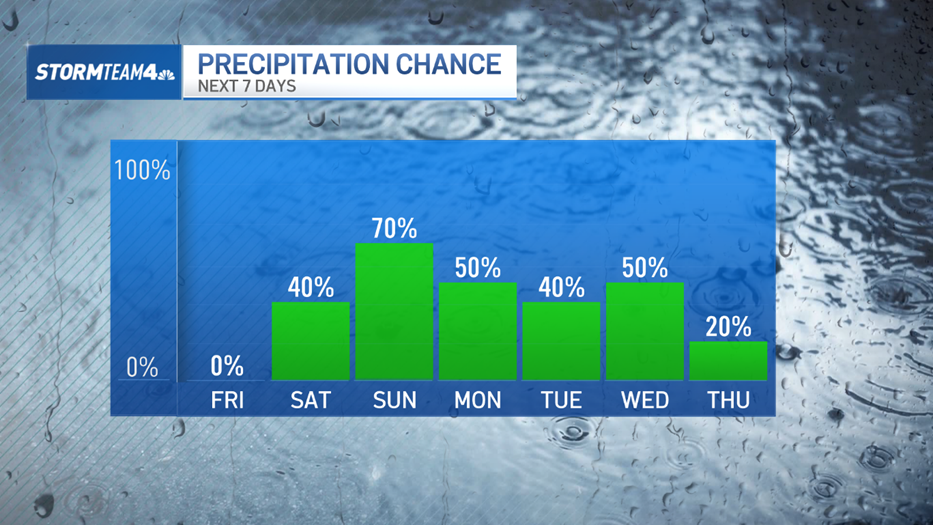When the passport agent told 43-year-old Patricia LaPorta that she was dead, LaPorta was stunned.
She is alive, of course. But some federal agencies say she is deceased, a problem that began in June of 2014 when she was "killed" by the Social Security Administration.
"I went to the Social Security office to let them know," said LaPorta. "And they said, 'Well, you look good for being deceased.'
"I didn't think that was funny," she said.
LaPorta has not been able to keep a bank account, borrow money or file her taxes because of her death status. LaPorta believes this mistake happened when her mother died, also in June of that year.
"The social security office said that they could have just killed her and me at the same time," she said.
LaPorta has been trying to get the problem fixed since April 28, 2015, and on May 5, LaPorta said she was notified that the problem had been fixed. But other agencies continued to tell her she was still listed as deceased.
"We'd say about 1,000 errors were coming in a month," said Patrick O'Carroll Jr., the Inspector General of the Social Security Administration.
Local
O'Carroll said in a three-year period, he discovered 36,000 people were killed off erroneously.
Once a death is reported to the SSA, the name is placed in the Death Master File, a database that has roughly 90 million names and is not shared in real time with all agencies. A larger problem O'Carroll identified were the people who were not in the DMF: the Inspector General's office found 6.5 million people over the age of 112 that were not in the DMF database.
"What happens is that SSA gets information from a lot of different sources on deaths of people," said O'Carroll.
Reporting deaths electronically yields more accurate records than sending in death notices on paper, which is how New York State currently handles this. New York City submits death information electronically.
Democratic Sen. Tom Carper of Delaware has introduced a bill in Washington that could help people in LaPorta's situation.
"The Act allows all appropriate federal agencies to have access to the complete death data for program integrity purposes, as well as other needs such as public safety and health," he said.
A major part of his bill is aimed at reducing federal payments made in error to dead people, a problem that costs an estimated $125 billion dollars a year.
Meanwhile, the Social Security Administration says it reinstated LaPorta in the spring of 2015, but LaPorta said she still cannot file her taxes this year or create an online SSA profile.
A spokesman for SSA told the I-Team, "We will continue to work with her until this problem is repaired across the board."



